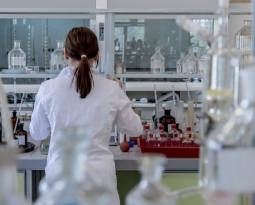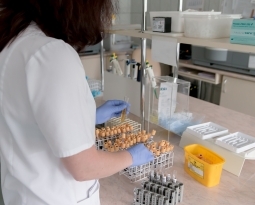The COVID-19 Pandemic is Testing Medical Innovation in the United States
Despite the issues in the United States health system, health innovation is an area that the U.S. has excelled in the past. The U.S. intellectual property laws and drug approval processes are designed in a way to reward breakthrough threrapies, granting years-long monopolies to companies delivering novel cures and treatments. But the COVID-19 crisis has truly tested the capabilities of medical innovation in the U.S.
U.S. pharmaceutical companies have worked tirelessly to develop treatments for COVID-19, where they have repurposed and combined existing innovation, hoping the right mixture could treat coronavirus infections for those who have already contracted the virus. They have also raced to find a vaccine to prevent people getting sick in the future.
Nonetheless, these positives in medical innovation is coupled with two unavoidable negatives. First, antiviral research has become one of the most neglected fields in pharmaceutical development in the U.S., as companies have not been offered many incentives to pursue it and the work can be time-consuming. Secondly, a disorganized federal government has hindered the ability of companies to develop treatments and vaccinations for COVID-19.
Robin Feldman, Director of the UC-Hastings Center for Innovation, noted that, “unless we think about our long-term incentives structure, we will always be reactive. We’ll never be ahead of the game”. Therefore, although pharmaceutical companies are acting quickly to develop a vaccine for the current pandemic, the U.S. will need to provide further incentives and improve drug development to prepare for the next pandemic.

















